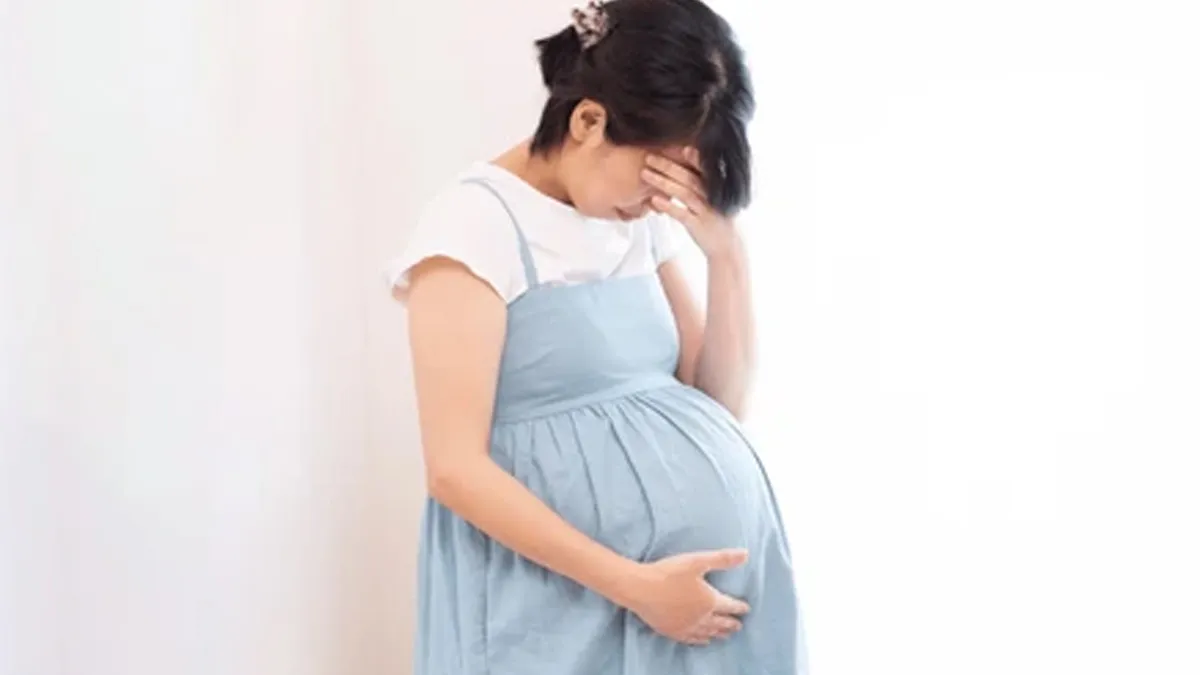
Have you ever imagined carrying more than one baby at the same time? Though the very thought of bringing multiple babies into your life can wash you over with overwhelming love, it also means you’d need frequent checkups and more care and stay aware of potential risks and problems. Being mindful of what to expect and how to manage the gestation period makes the difference in ensuring a healthy pregnancy.
Table of Content:-
We spoke to Dr Ila Gupta, Director and Senior Consultant, Reproductive Medicine, Ferticity IVF, New Delhi, who explained the risks of multiple pregnancies and how to manage them.
What Leads to Multiple Pregnancies?

Some women are more likely to conceive twins if there’s a family history of the same. However, assisted reproductive techniques, such as IVF, are also considered to contribute to twin or multiple pregnancies. A 2010 study found that 2% of women who are part of a dizygotic twin pair go on to have twins themselves. However, the rate drops to 1% for women whose husbands are dizygotic twins.
"IVF itself does not increase the chances of twins or multiples. It depends on how many embryos the doctor transfers. With advanced techniques of IVF, doctors can now transfer a single embryo as per the patient’s preference to minimise the risks," said Dr Gupta.
“This also implies that, although multiple pregnancies can occur naturally or due to factors, such as maternal age and certain fertility medications, modern IVF techniques prioritise safety and controlled outcomes,” she added.
Also Read: Everything You Need To Know About Multiple Pregnancies With IVF
Potential Risks and Challenges of Multiple Pregnancies

It can be easy for some women to carry twin babies without any complications; however, multiple pregnancies are viewed under the umbrella of high risk. Some common concerns of problems include the following:
- Premature delivery: Many twins are born before 37 weeks, which calls for neonatal care.
- Pregnancy-induced diabetes and high blood pressure: These problems are more common in twins or multiple pregnancies. Also, there is a higher need for close tracking.
- Higher chances of C-section: Some multiple pregnancies may not go full term and may even need a planned delivery.
According to a 2023 study, the risk of foetal death rises with an increasing number of foetuses. Twins, triplets, and quadruplets have risks that are 4, 12, and 26 times greater, respectively. Also, preterm delivery increases the likelihood of serious complications for newborns, leading to higher morbidity and mortality rates.
"With the proper care and monitoring, it becomes easier to manage multiple pregnancies, ensuring the best possible outcome for both the expecting mother and babies," added Dr Gupta.
Also Read: Going To Have Twins? Here Is Twins Breastfeeding Tips For New Moms
Advancements in Treatments

Fertility treatments like IVF have brought wonders to the lives of many as relevant advancements now allow for safer and more controlled pregnancies. "Techniques like Elective Single Embryo Transfer (eSET) help optimise success while reducing the chances of multiple pregnancies. The goal goes beyond conception to delivering healthy babies and safe postpartum recovery," explained Dr Gupta.
Tips On Management
Dr Gupta concluded, "Whether it is a natural pregnancy or one achieved with the help of fertility treatment, consistent care and expert supervision can save you from a lot of trouble. Getting clarity on risks and preventive measures and making well-informed decisions, makes you fully equipped and confident to move through this entire process."
[Disclaimer: This article contains information provided by an expert and is for informational purposes only. Hence, we advise you to consult your professional if you are dealing with any health issue to avoid complications.]
Also watch this video
How we keep this article up to date:
We work with experts and keep a close eye on the latest in health and wellness. Whenever there is a new research or helpful information, we update our articles with accurate and useful advice.
Current Version
